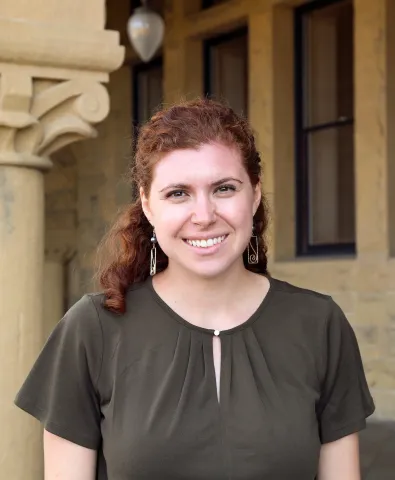
Isabel Sacks

One of the central factors in my choice to pursue a Master’s in education was impact. When I think of the impact I hope to have, I think of social impact (I would imagine this might be different for some fields - impact might mean innovation, scientific discoveries, influencing the direction of a field, etc). Some mentors suggested I pursue graduate work in a traditional discipline, such as sociology, but I specifically chose to be in a school of education and in an interdisciplinary program because I knew it would train me for impact more directly. Prior to graduate school, I had experience working in educational settings in the Dominican Republic, Brazil, Chile, India, and the U.S., and qualitative research training from my undergraduate years studying Education and Latin American Studies at Swarthmore College. I thought that I could have more impact if I had a deeper understanding of education systems around the world, and recognized my knowledge gaps in quantitative methods and economics. I knew that the Stanford ICE program would give me skills and knowledge in these areas and others.
My experience exceeded this expectation. I did take economics and quantitative methods for the first time, and had sufficient support to excel in these courses. I also gained deeper knowledge of education systems worldwide using analytic skills from a variety of disciplines. The highlight of the program for me, though, was the cohort format. Our tight-knit group of 21 came from eight different countries and had worked in even more – no longer were articles simply theoretical, as oftentimes someone in the group had firsthand knowledge of the setting we were discussing. We wrote our MA papers about a variety of topics and workshopped each other’s projects throughout the year, creating an incredibly stimulating and humbling environment.
Coming to graduate school after two years as a Fulbright English Teaching Assistant working in universities in Brazil, I also knew I wanted to learn in a more structured way about Brazilian education while at Stanford. I was privileged to participate in the weekly lecture series of the Lemann Center for Educational Entrepreneurship and Innovation in Brazil, learning about a range of current research on Brazilian education. For my MA paper, I had the opportunity to dive deep into the internationalization strategic plans of Brazilian universities, framed by the literature, my Fulbright experience, and conversations with the Lemann Center community and world-class experts in the GSE.
In the end, the ICE program gave me the skills, knowledge and network to have an impact, as I had hoped. Furthermore, the program gave me the space to gain clarity about what my impact might look like. My next step will be exploring university internationalization in a concrete way at Minerva, a globally immersive university that is rethinking higher education for the 21st century. I will be working on the Global Network Development team to unlock professional opportunities for Minerva students in cities around the world. As I continue to my next chapter, I am so grateful for the knowledge, skills, and relationships I developed at Stanford!
